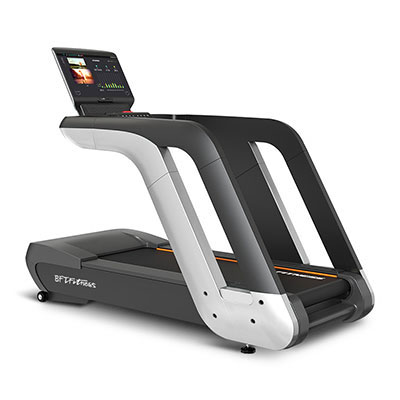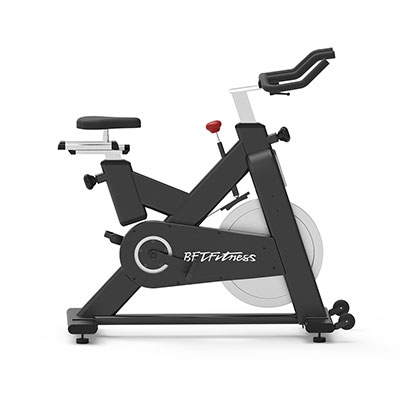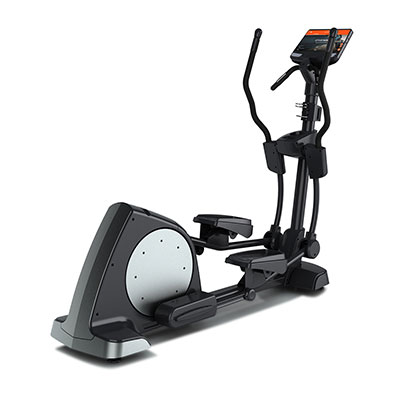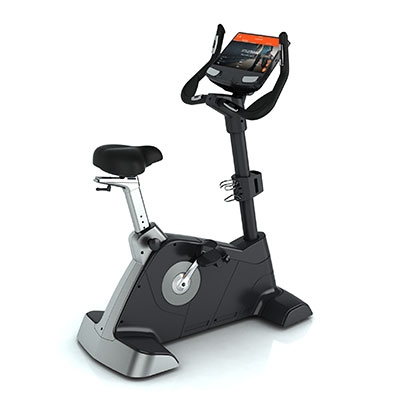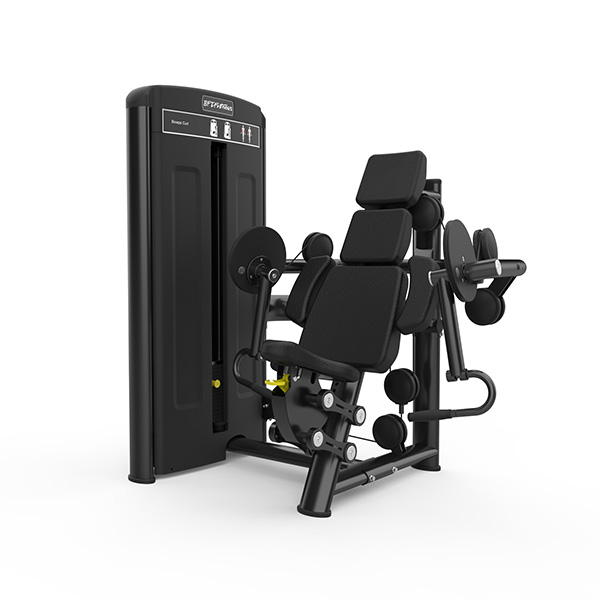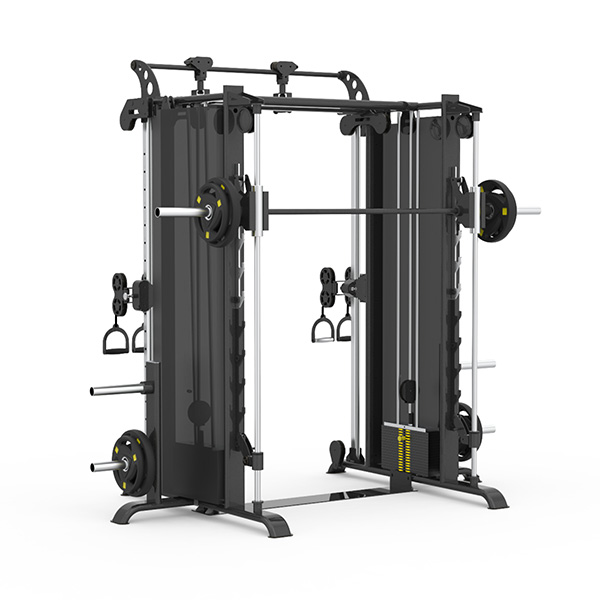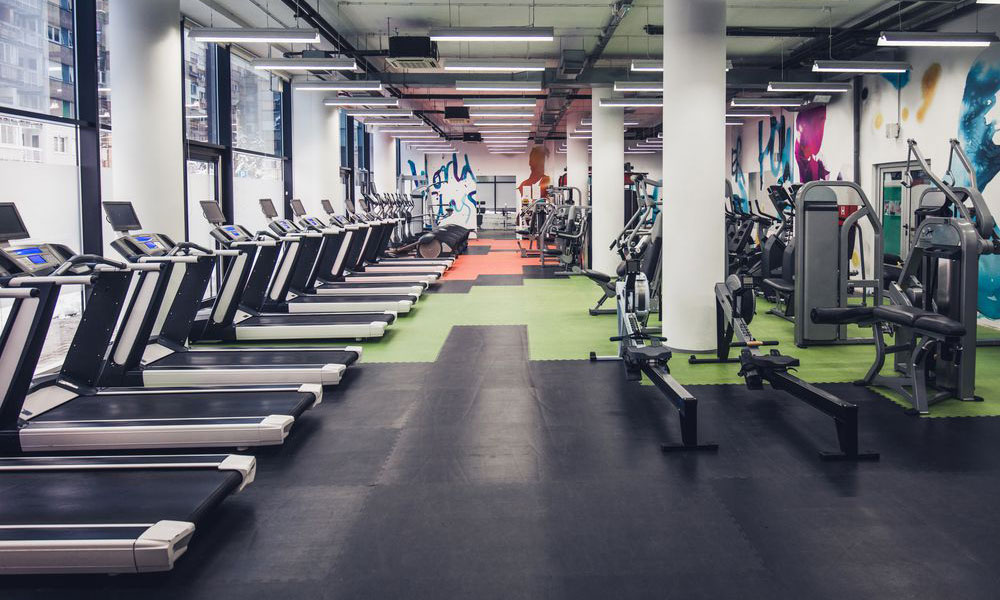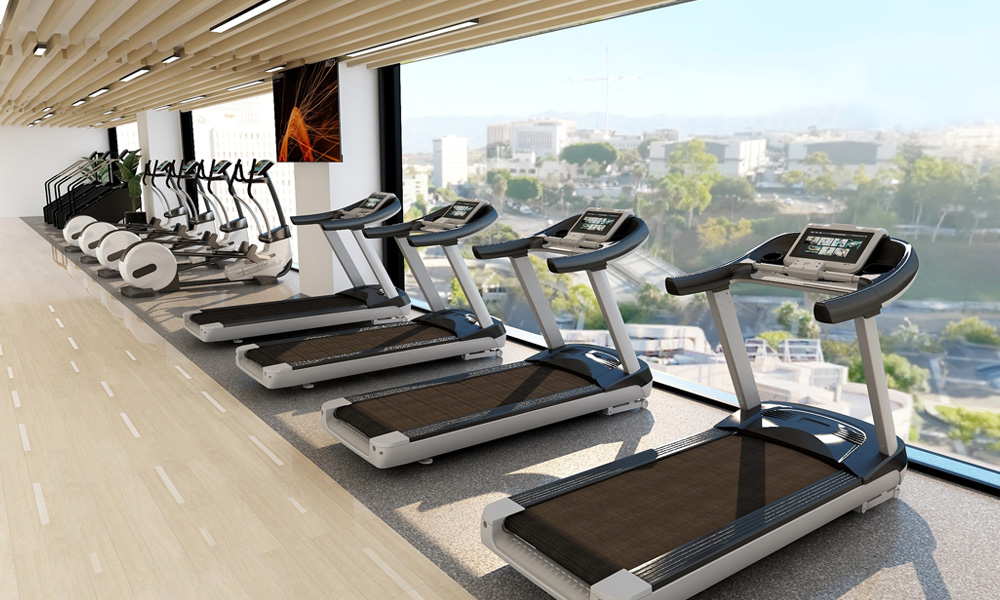Sustainability in Modern Fitness Equipment Manufacturing
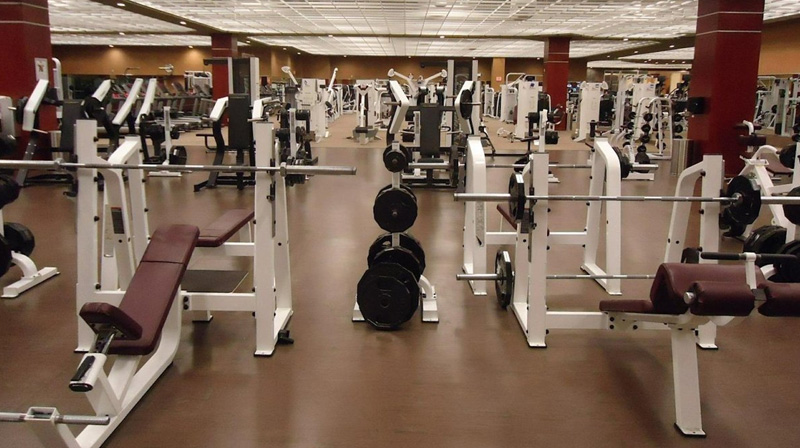
As the global fitness industry grows, so does its environmental footprint. From production to packaging, leading manufacturers are embracing sustainability as a new design standard—not just an ethical choice.
Sustainable fitness equipment benefits both the planet and your brand reputation, especially as eco-conscious consumers demand transparency and responsibility.
1. Using Recycled and Renewable Materials
Modern equipment frames increasingly feature recycled steel and aluminum, while upholstery and grips are made from eco-friendly polymers.
✔️ Key sustainable materials include:
- Recycled steel (up to 70% post-consumer content)
- Non-toxic powder coatings
- Vegan leather for padding
These innovations maintain durability without sacrificing performance or style.
2. Energy-Efficient Manufacturing Processes
Top manufacturers are upgrading to energy-efficient production lines that reduce carbon emissions by up to 40%.
Example: Closed-loop cooling systems reuse industrial water, while automated laser-cutting reduces material waste.
Choosing eco-conscious suppliers helps align your business with ESG (Environmental, Social, and Governance) goals—a major plus for investors and clients.
3. Human-Centered Design and Longevity
Sustainability isn’t only about materials—it’s about lifespan. Equipment built for long-term use reduces waste and lifecycle costs.
- Reinforced welds and corrosion-resistant coatings
- Modular parts for easy repairs and upgrades
- Extended service life through predictive maintenance
High-quality, repairable fitness machines prevent early disposal and minimize the carbon footprint over time.
4. Eco-Friendly Operation in Gyms
Sustainability continues beyond the factory. Many gyms now use:
- Self-powered cardio machines (no electricity needed)
- LED lighting systems with motion sensors
- Recyclable flooring and acoustic panels
A sustainable gym not only saves on utilities but also communicates modern values to its members.
FAQ
Q1: Does sustainable gym equipment cost more?
A: Initially, yes—but lower maintenance and longer lifespan make it cost-effective long-term.
Q2: Can hotels or premium clubs market sustainability as part of their brand?
A: Absolutely. Eco-friendly facilities attract environmentally conscious travelers and elevate brand prestige.

